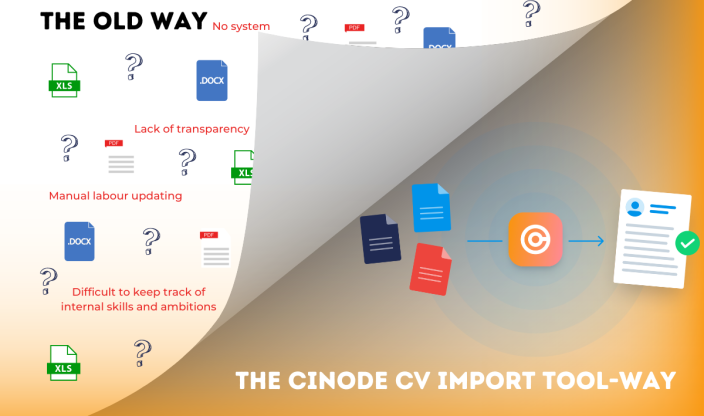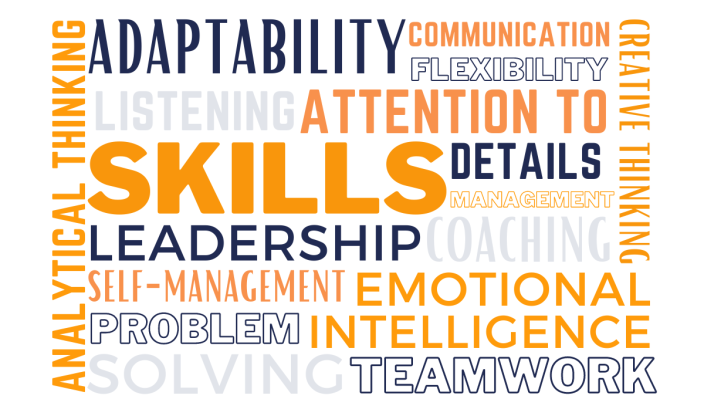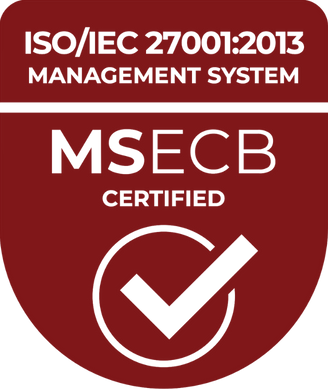Make skills management your competitive advantage

In 2018, I co-wrote a debate article, “How we strengthen Sweden in digital competence and innovation”, together with the association Swedsoft.
The report states some of the strengths of the Swedish industry;
- Qualitative cooperation.
- Wide range of subindustries, such as telecom, defense, energy, automation, crypto, and transport.
- The IT consulting industry creates mobility and conditions for cross-fertilization between industries and companies, in addition to being a resource pool. This can lead to synergies.
- Safety and security measures are generally standardized, which engineers appreciate
One of the greater weaknesses, however, is the industry’s lack of focus on reskilling and upskilling. The Swedish IT industry has to invest more in continuous learning in order to remain a global frontrunner.
We can probably all agree that continuous education is important (if not vital), but how companies work with reskilling/upskilling differs markedly. Few companies think about the end goal, and why they’re working with reskilling and upskilling.
Efficiency is dependent on skills management
Regardless of whether your goal is to earn more or save money, increase efficiency, or invest in your employees’ personal development, skills management will help you get to your end goal.
By defining your needs for reskilling and upskilling, and further on setting an outline and a strategy for development initiatives, you’ll be able to quickly go from idea to action.
We all know that time is money, so by minimizing the time frame in between the initial planning stage and end goal you’ll end up saving money that instead can be spent on things such as recruiting.
8 steps – how to work with skills development
- Needs analysis: The organization defines its competence needs.
- Knowledge inventory: The organization conducts an audit of its existing knowledge.
- Process mapping: The company maps its work processes.
- Skills gap analysis: Defines the difference between the demand and the current supply
- Best Practice: Documentation of work processes., and suggestions for improvements
- Reskilling/upskilling strategy plan: Based on the gap analysis, the company establishes a strategy and a plan. End goals are set from a strategic perspective.
- Education: The choice of education is governed by the needs of the individual, the team, and the company. The effort can take place in a number of different forms that the business adapts to the most effective and pedagogical approach for each occasion.
- Impact measurement: The company evaluates the training efforts continuously in relation to the set goals.
Define and refine your skills
In knowledge-intensive industries, companies can only achieve a competitive advantage through keeping and refining skills. Further, they need to make use of the collective knowledge in everyday operations.
Reskilling and upskilling initiatives must be evaluated on the basis of business benefits. For example, will an initiative lead to an improvement in the organization’s overall knowledge? Which skills do we need to focus on? Will reskilling/upskilling lead to an increase in business opportunities? What is the ROI?
If skills management is done right, companies will quickly see results such as increased efficiency, increase utilisation, and happier employees.
“The worst that can happen is not that the employees develop skills and move on to other companies. The worst that can happen is that they do not develop and stay.” – Old truth.
want to learn more about Skills Management?

Guestblogger - Tobias Strandh, CEO Republify
Guestblogger - Tobias Strandh, CEO Republify
You may also like...
All posts
Jun 28 2023 · Entrepreneurship, Skills Management
Bridging the gap between Swedish companies and Polish IT talent

Apr 28 2023 · Cinode News, Skills Management
Easily create customized CVs with Cinode’s CV import tool

Apr 20 2023 · Consulting, Sales, Skills Management
How do you work more skills-based within your company?

Apr 04 2023 · Cinode News, Skills Management
5 Easter eggs for eggstra effective Skills Management

Mar 23 2023 · Consulting, Sales, Skills Management
“If you sell competence, you always need to be on top of how you develop your skill set”

Feb 22 2023 · Skills Management
How can Skills Management help your company?

Feb 16 2023 · Skills, Skills Management
How to identify and recruit transferable skills

Feb 07 2023 · Skills Management
Flying start 2023 – how to succeed with your skills growth plan

Dec 21 2022 · Skills Management
Latest in Skills Management from the past year

Dec 08 2022 · Cinode News, Skills Management
This is how utilization works in Cinode (Video)

Dec 01 2022 · Cinode News, Skills Management
Add the right person to the right role with the right data (Video)

Nov 29 2022 · Skills, Skills Management
